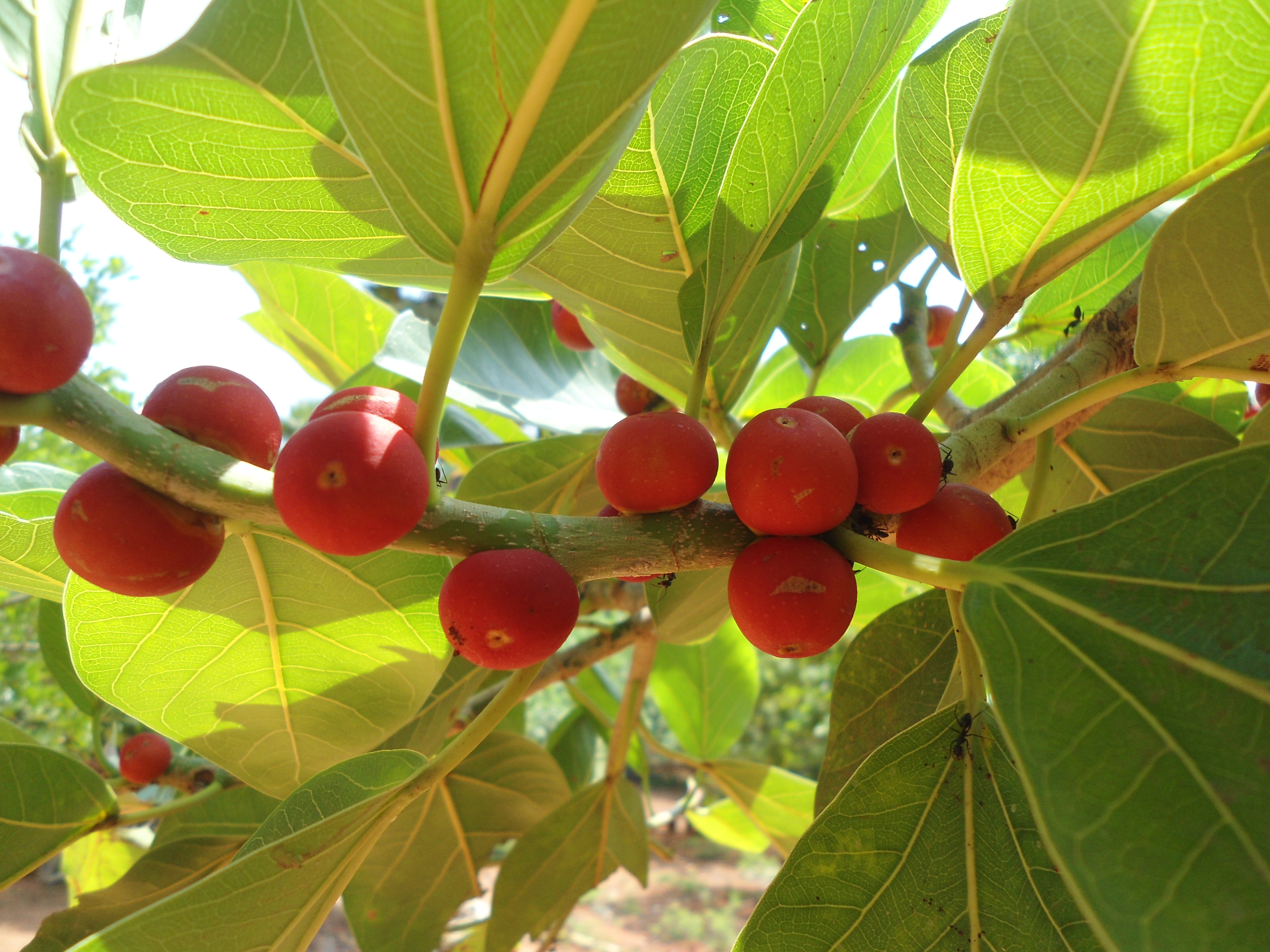GET TO KNOW YOUR TREES

About Bargad
Scientific Name: Ficus benghalensis
Common Name: Banyan Fig
Ecological Benefits
- • A keystone species that anchors entire ecosystems and sustains biodiversity.
- • Its figs provide year-round food for birds, mammals and insects, keeping wildlife populations stable.
- • Its aerial roots create layered habitats that offer shelter, nesting spaces and safe passage for many species.
- • Its expansive canopy cools the surroundings and helps create a stable microclimate in hot regions.
- • Its thick roots bind the soil and reduce erosion during heavy rains.
- • Its long lifespan supports generations of flora and fauna, becoming a living ecological landmark.
- • Its leaf litter enriches the soil and supports healthier plant communities.
